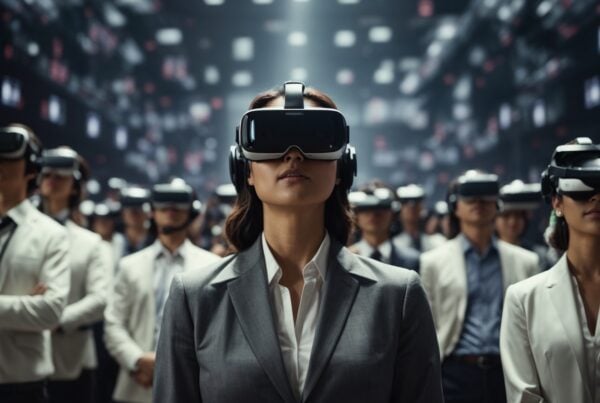In the rapidly evolving landscape of the 21st century, effective leadership is more crucial than ever. The traditional hierarchical model of leadership is giving way to a more dynamic and collaborative approach. In this blog post, we will explore the essential skills that define successful leadership in the 21st century and how embracing these skills can propel leaders and their organizations to new heights.
- Adaptability and Flexibility: Discuss the importance of adaptability in the face of constant change. Successful leaders in the 21st century must be flexible, open to new ideas, and capable of adjusting strategies to navigate evolving business landscapes.
- Emotional Intelligence: Explore the role of emotional intelligence in effective leadership. Discuss how leaders who understand and manage their emotions, as well as those of their team members, create a positive and collaborative work environment.
- Inclusive Leadership: Highlight the significance of inclusive leadership in fostering diverse and equitable workplaces. Discuss how inclusive leaders actively seek diverse perspectives, create a sense of belonging, and leverage the strengths of a diverse team.
- Effective Communication: Emphasize the timeless importance of effective communication skills. Discuss how 21st-century leaders need to be adept at conveying their vision, listening actively, and utilizing various communication channels, including digital platforms.
- Strategic Thinking: Discuss the need for leaders to think strategically and holistically about their organization’s goals. Explore how successful leaders align their actions with the broader mission and vision of the company, making informed decisions that drive long-term success.
- Tech Savviness: Acknowledge the increasing importance of being tech-savvy in a digital age. Discuss how leaders need to understand and leverage technology to drive innovation, enhance productivity, and stay ahead in a competitive market.
- Collaboration and Team Building: Explore the shift towards collaborative leadership. Discuss how successful leaders build strong, motivated teams by fostering a collaborative culture, recognizing individual strengths, and promoting a sense of shared purpose.
- Continuous Learning and Adaptation: Discuss the value of continuous learning for leaders. Explore how successful leaders embrace a growth mindset, seek feedback, and actively pursue opportunities for self-improvement and skill development.
In conclusion, leadership in the 21st century requires a multifaceted skill set that goes beyond traditional managerial roles. Leaders who embody adaptability, emotional intelligence, inclusivity, effective communication, strategic thinking, tech savviness, collaboration, and a commitment to continuous learning are poised to lead their organizations successfully into the future. As the business landscape continues to evolve, cultivating these essential skills will be instrumental in navigating challenges and capitalizing on opportunities in the dynamic world of the 21st century.



